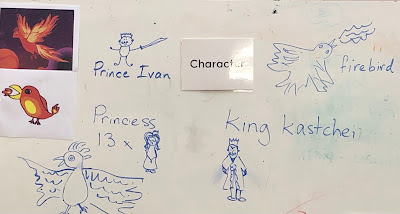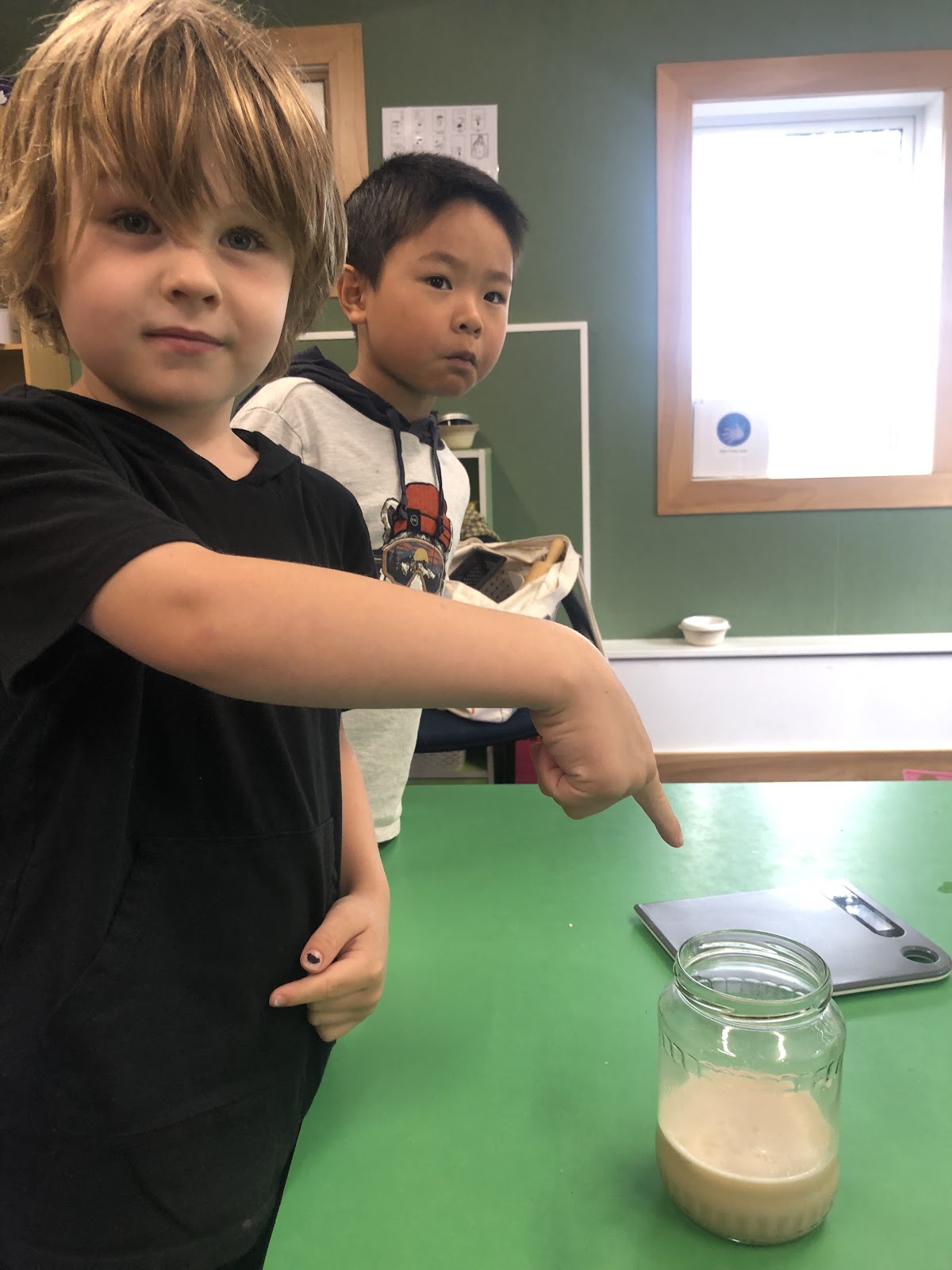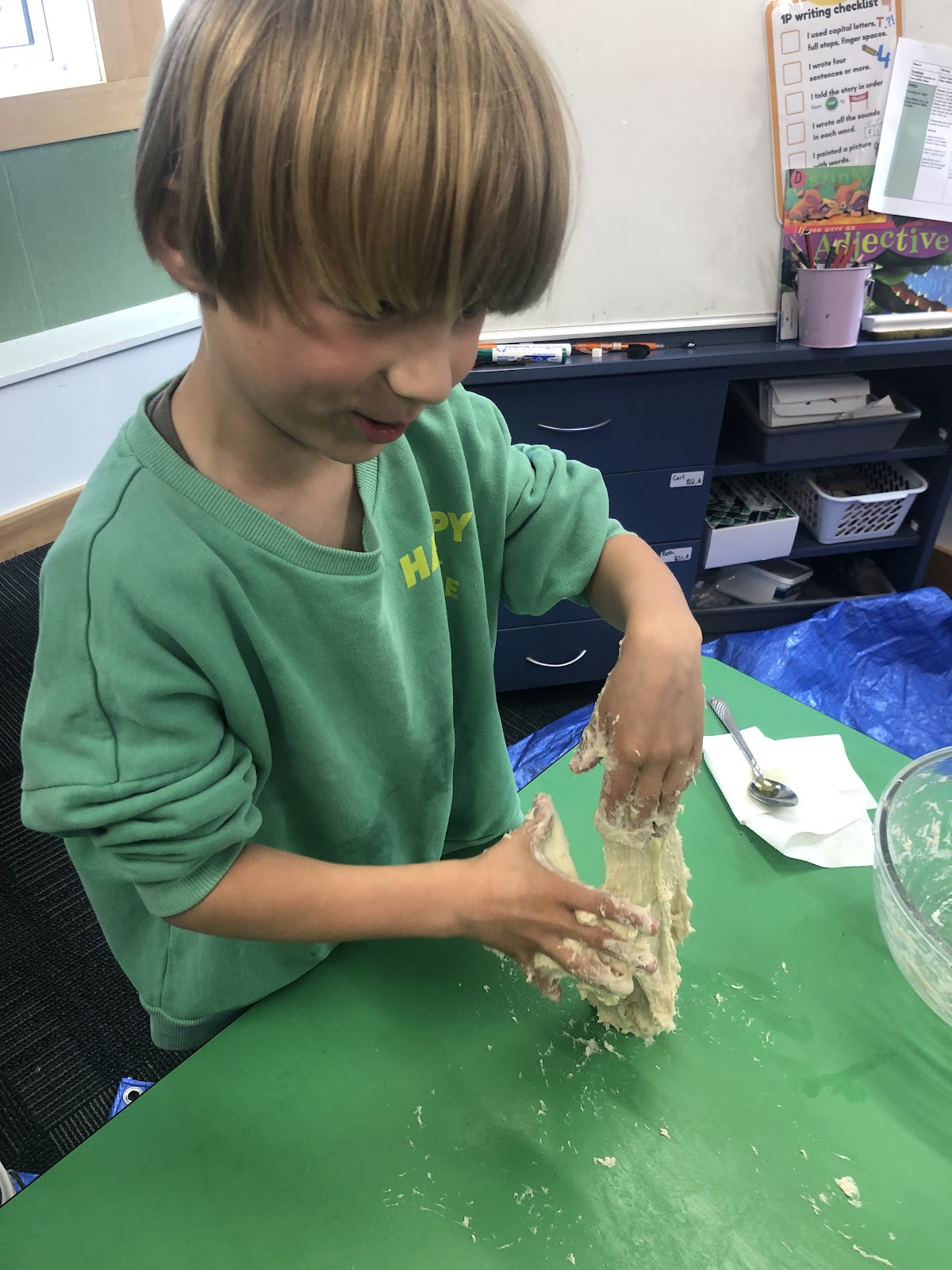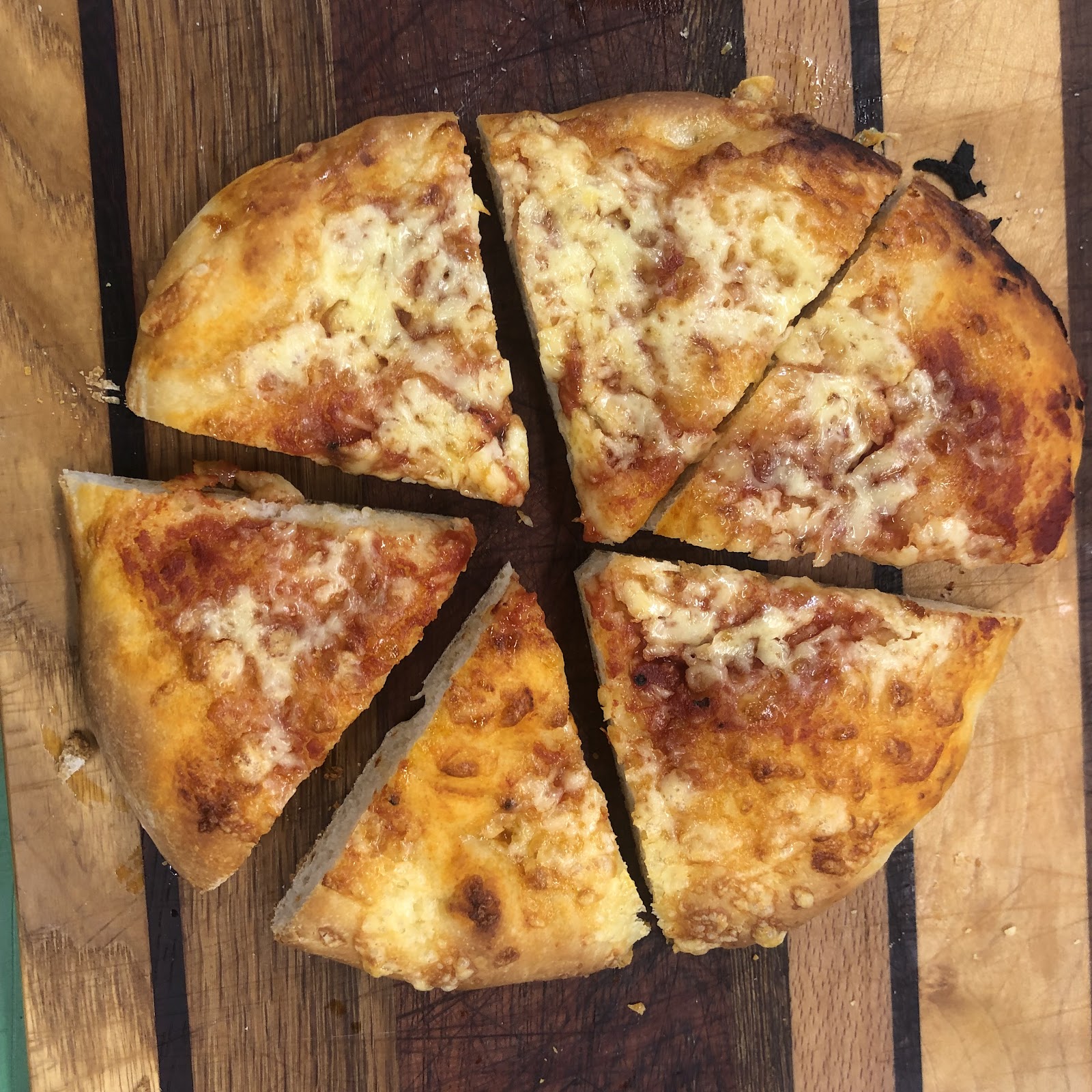Just like other wrapped collections, here we have some of our greatest hits from the Autahi blog from throughout the year.
So much great learning has gone on and it is hard to truely capture all that we have done. So here are some of the highlights...
Term 1
We started the year looking at some great things to inspire learning in drawing and diving into some great books.
Check out this blog all about one of our favourite books 'Henry's Map.'
As well as this blog all about the concept behind our Daily Draw.
Term 2
In Term 2 we got fired up about our trip to see the NZSO performance of The Firebird. Check out this blog to see some of the learning that lead into the performance.
As well as our annual Cross Country event at Worser Bay Beach. Check out this blog to find out more about how we trained and got into a good mindset for a challenge.


Term 3
In Term 3 we had a big focus on our annual arts celebration. This years focus was around the performing arts (Music, Dance and Drama).
Check out the series of blogs to follow the sequence of our journey.
The Countdown to the Arts Celebration Begins
Ngake Me WhātaitaiTerm 4
In Term 4 we started exploring how things grow and change. We explored plants and grow things from seeds. We also had a mini study into fractions. This created a perfect recipe for... Pizza!!!!

.JPG)
.JPG)




































































